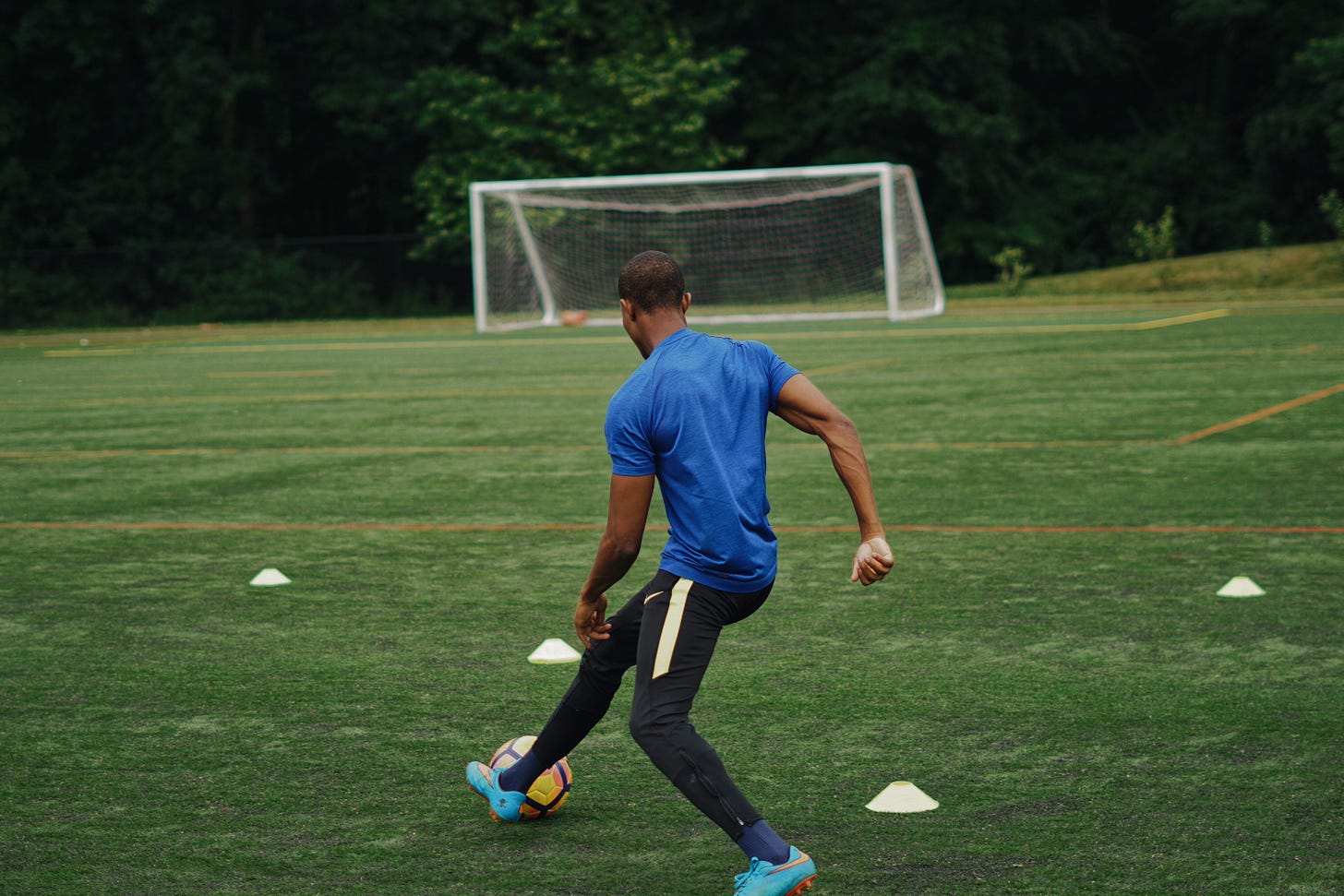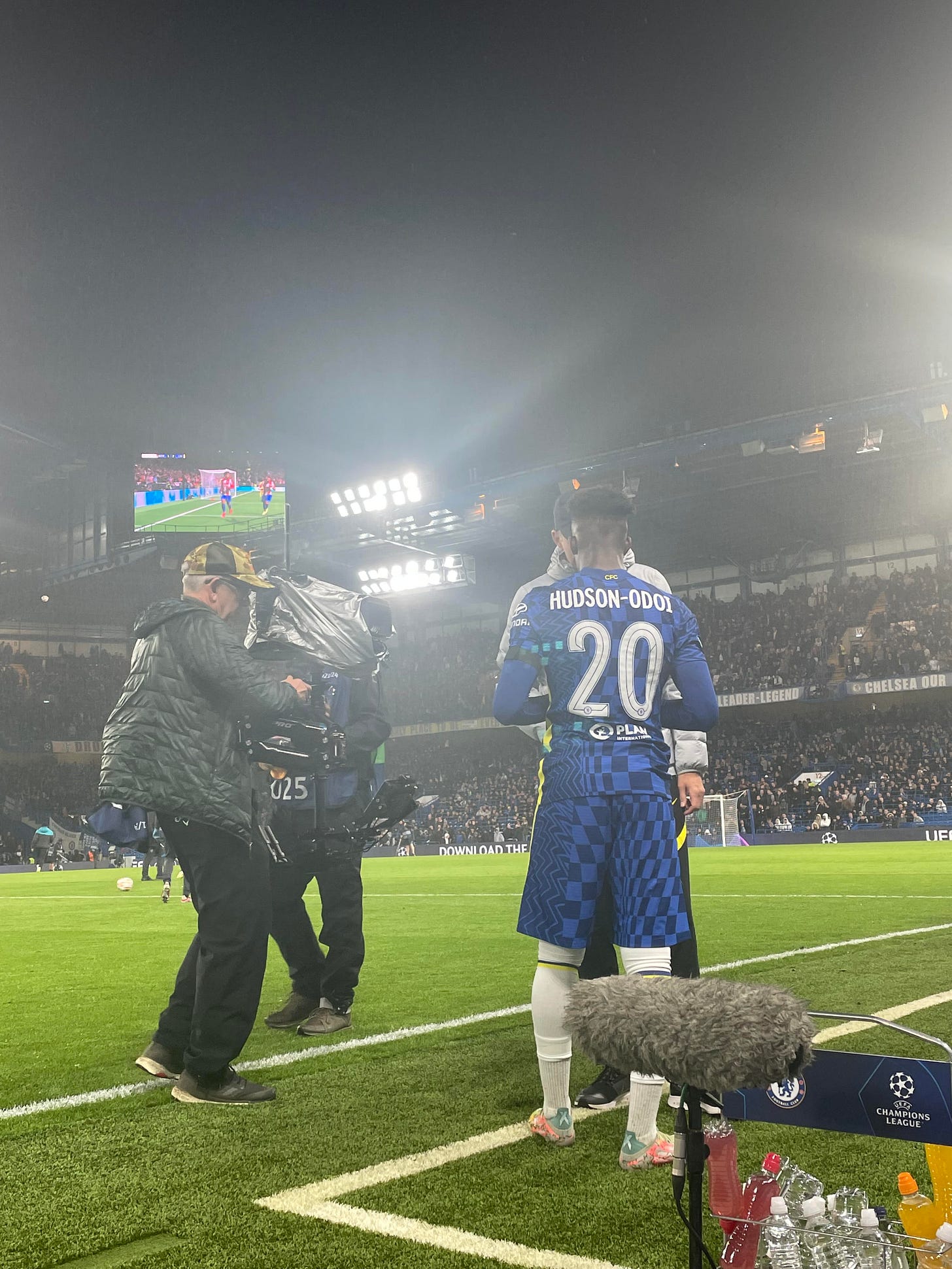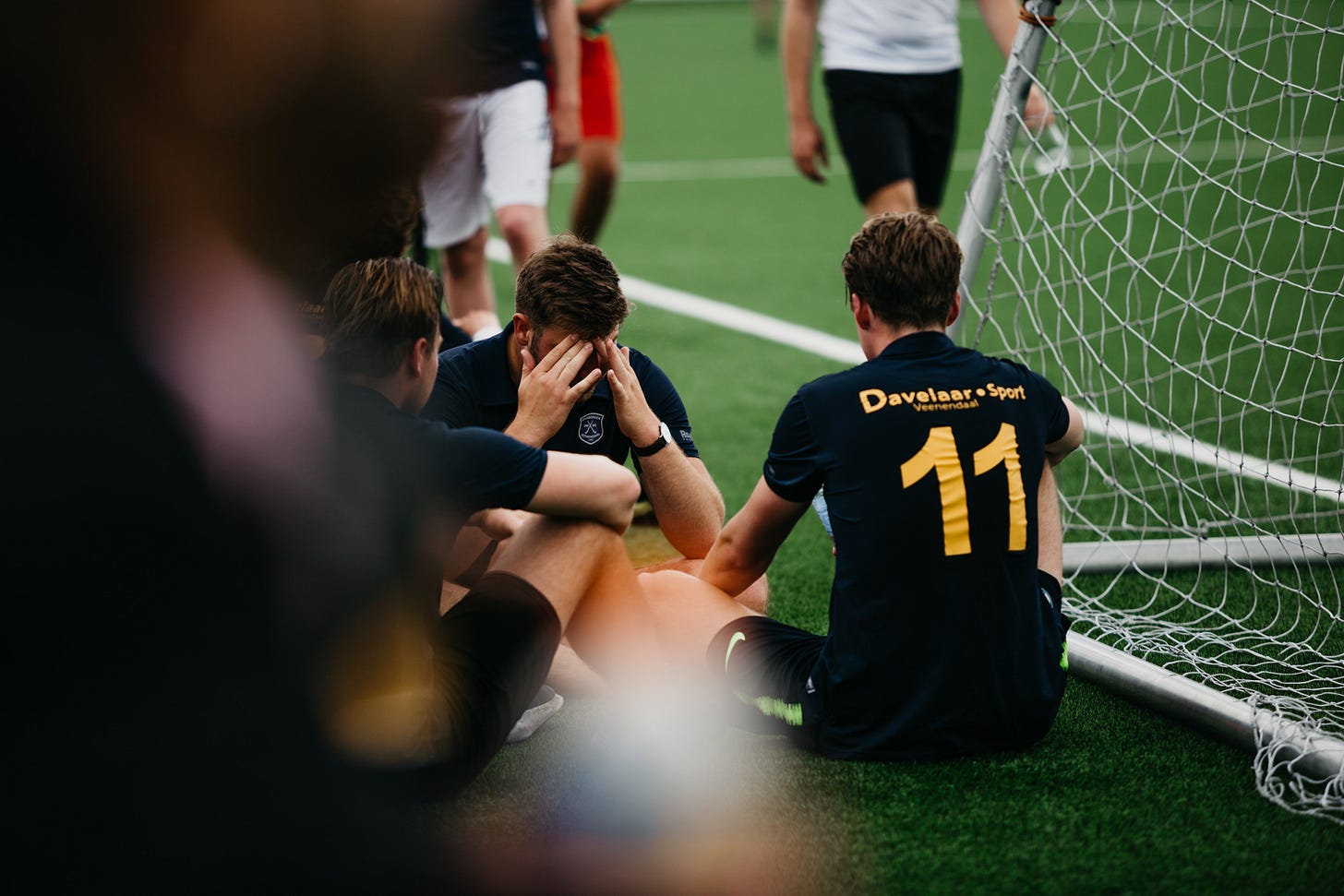We Need To Look After Young Ballers
The maltreatment of youth footballers is a deep-rooted issue that has plagued the beautiful game for far too long, Hybrid discussed the serious consequences with ex-Liverpool player Henoc Mukendi…
Academy footballers are often promised a life of fame and glory, but in a highly competitive industry, less than 0.1% of players will make it to the Premier League. This can have devastating consequences on people that have sacrificed everything to achieve their dream.
Jeremy Wisten was a talented baller, raised in Manchester City’s academy from the age of 13, but he took his own life just weeks after his 18th birthday. Jeremy was released from Manchester City in 2018 after a knee injury, but an inquest later heard that he was not given the “right support” by the club.
In recent weeks, we have seen action taken as Crystal Palace launched their academy 3-year aftercare programme in January and Trent Alexander-Arnold speak out on Instagram to try and combat a problem that is still being ignored by too many people.
Ex-Liverpool academy product and Northampton Town forward Henoc Mukendi was offered a scholarship by Liverpool aged 15, and left his Manchester school, to chase his dream of playing for the club. Unfortunately, that was not the case, he was released and then blackballed and badmouthed in the footballing world, which meant chances for him were limited at other clubs.
It is the harsh nature of football at the top level that players are going to be disappointed when they don’t become professional, but it is wrong that once they are released from the academy there is no support structure to help them find another career and stop their mental health taking a such a heavy hit.

HYBRID sat down with Henoc and got the chance to ask him about his experience of being released from such a big club, as well as what he thinks needs to change in the future.
HYBRID: What was your story, coming through the academy at Liverpool?
Henoc Mukendi: They thought I had a really good chance or high opportunity of making it in football, if not at Liverpool, and then help me or do everything they can to help me and give me the best chance to make it somewhere else. Which is what I thought was going to happen. But ultimately, what ended up happening was someone came in and basically stopped me from progressing at the club, they ended up releasing me and then stopped me from progressing on and signing with other clubs by bad mouthing me and things like that, basically blackballing me in the game.
There must have been some really low points during that process (being released), what were those low points like?
Henoc Mukendi: Some of the low points were, literally just being heavily depressed, low self-worth and anxiety attacks, that leads to different things like, different kinds of mental health problems. I turned to alcohol in my down times. I know other people that I played with or played against that turned to drugs, some people turn to crime.
It is such a credit to yourself to be able to turn it around, I can’t imagine how difficult that must have been.
Henoc Mukendi: Yeah, all my teenage years were spent in Liverpool’s academy, so that got to me as well. I missed that, a lot of like, going out with my friends when I was younger, when they’d go out to parties, or go ice skating, you know, go to the park even, I’d be at home relaxing because I’ve got a game the next day.
‘I missed out on a lot of experiences with my friends due to dedicating myself to football and to Liverpool, for them to throw it back in my face’
What more do you think could be done to like, follow in the footsteps of Crystal Palace and what more could be done by other clubs?
Henoc Mukendi: Other clubs can follow what Crystal Palace have done. I shared it that day, because to me, that was great news. You know, now that they've announced that they're doing this, 12 months down the line, I'd love to see palace show the results.
Why do you think the clubs aren't taking action on it already?
Henoc Mukendi: This is something that I asked myself every single day, and I don't know. I can't really say that they're not aware of it. I'm sure they're definitely aware of it. I mean, like, why haven't clubs or decided to have a sit-down meeting because they do it every year where all the directors of all 20 clubs will get together.
It is a tough problem to tackle in the footballing world, in England we have the Premier League, the best league in the world, with the nations finest players playing there, such as Callum Hudson-Odoi, Mason Mount, and Reece James. Those players have developed from academy level due to its high level of competition, and it is only the best of the best who make it.

We need to see change in this aspect of the footballing world. We consistently hear that players are humans too, but when are we going to start treating them that way?
It is no secret that football and money are inseparable in the modern day, which is what Southampton FC coach Martin Todorinov believes as the reason more is not being done to support young players, he stated:
“The overarching problem is that football at the top level is difficult to pair with humanitarian goals. The majority of clubs at the top level are driven by monetary reasons, and players become assets aiming to popularise their ‘brand’.”
It is long overdue that people are put before profit in football for once, we cannot afford to lose another life to an issue that is so preventable with the mountains of wealth in the game.



